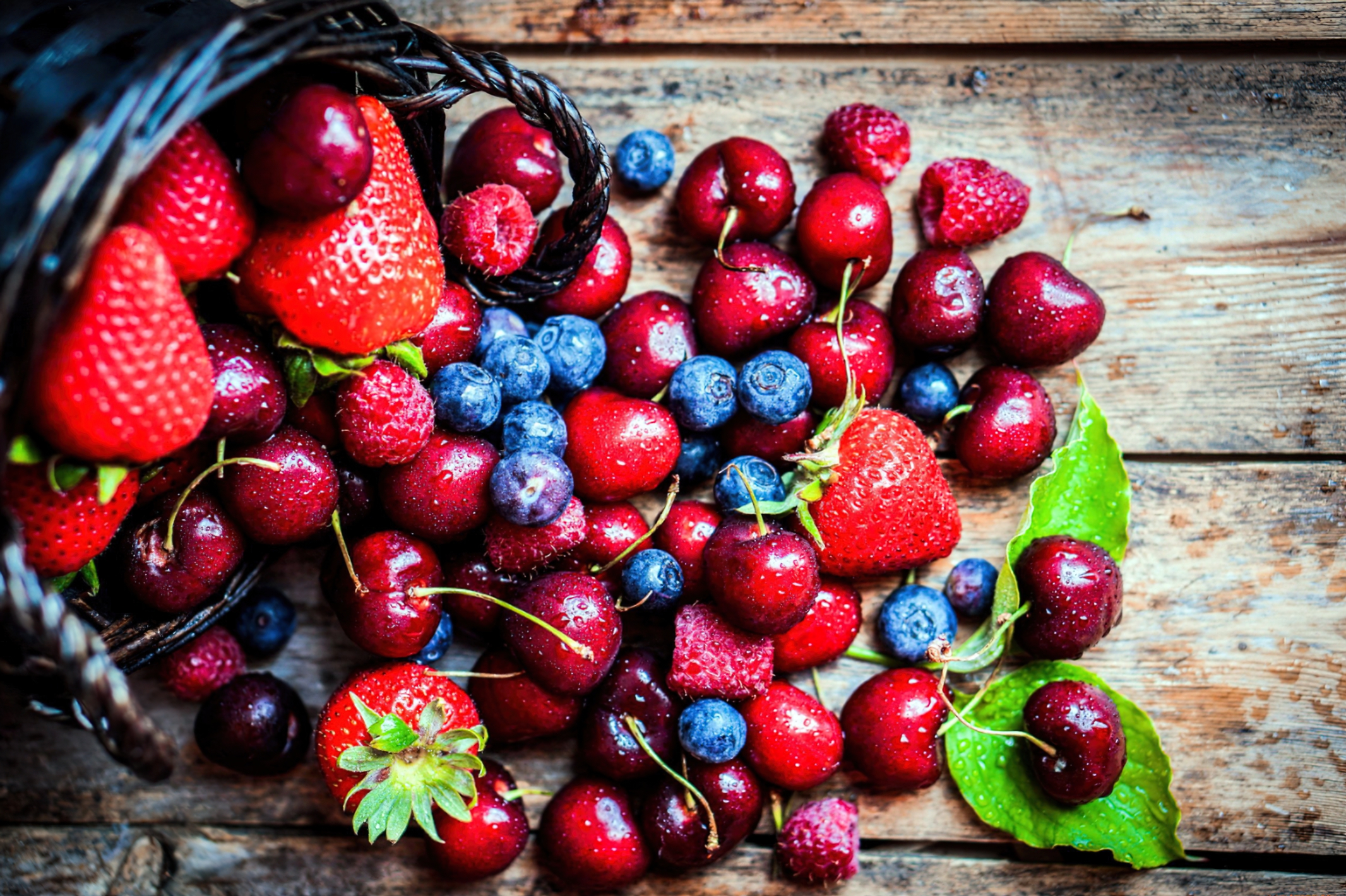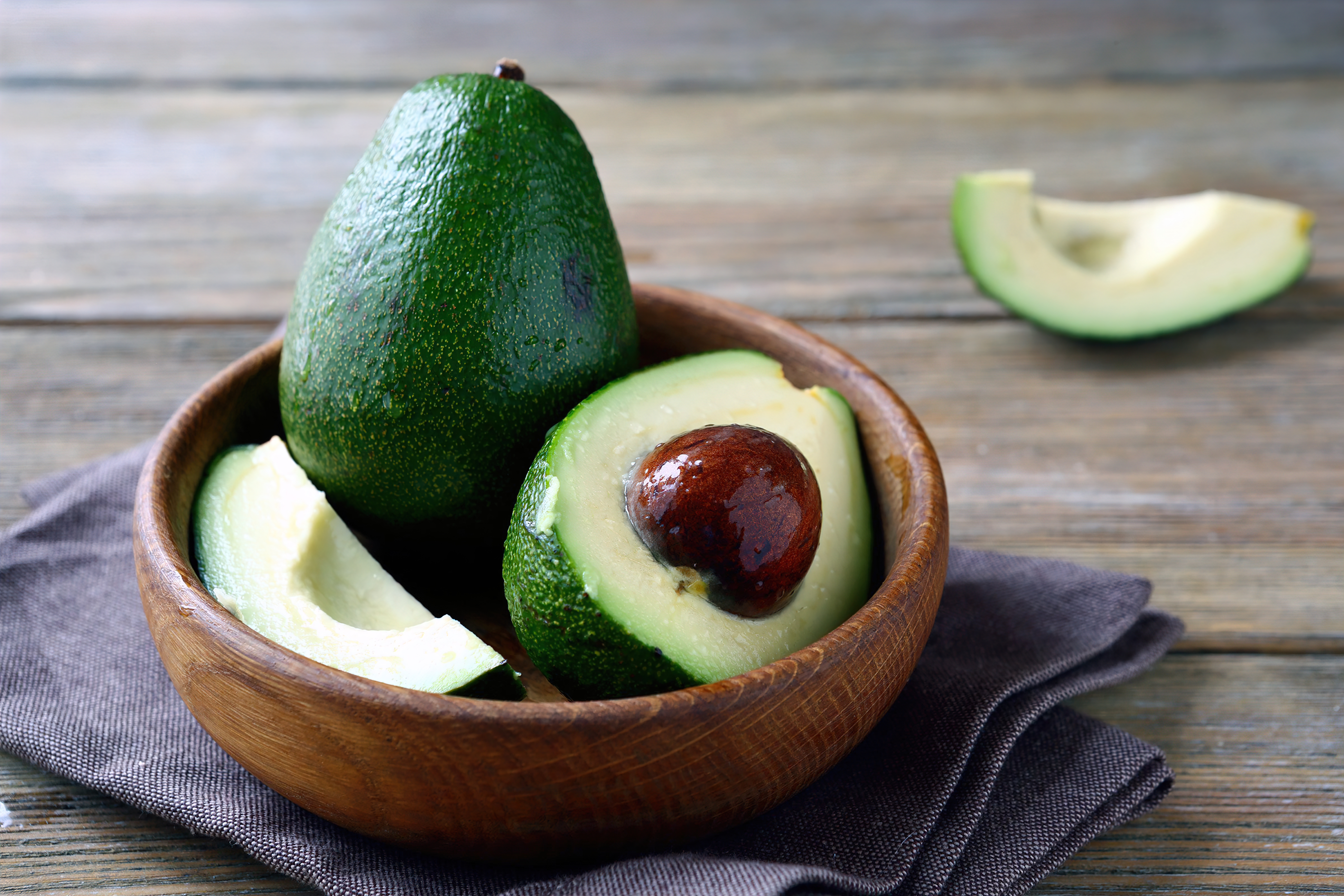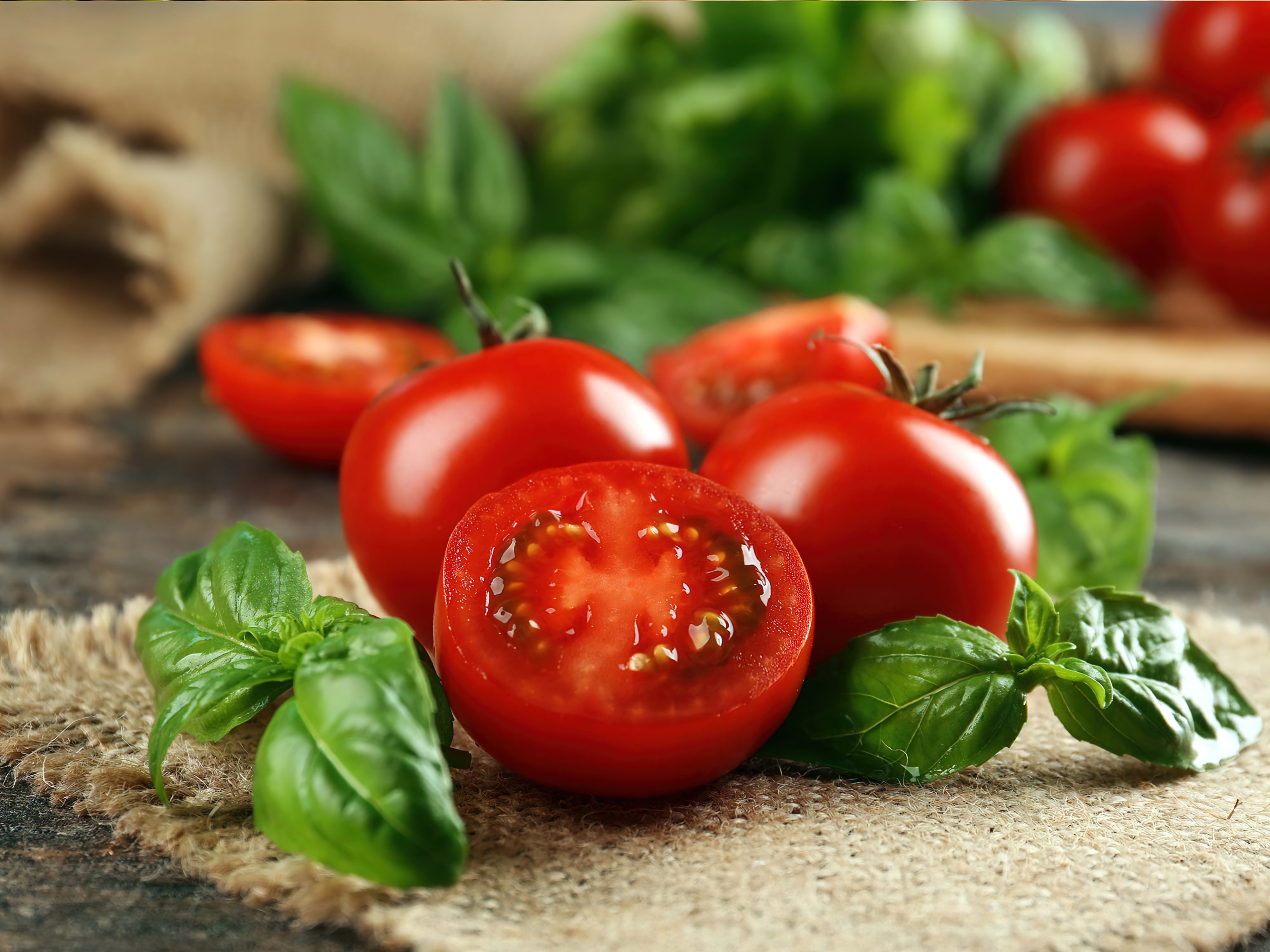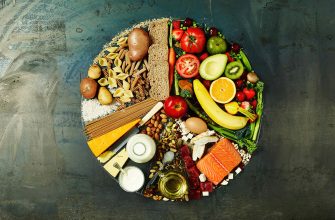Eating a variety of fruits and vegetables is essential for maintaining good health. However, not all produce is created equal. Some offer a higher concentration of nutrients per serving than others. In this article, we will explore the most nutrient-dense fruits and vegetables that you can easily incorporate into your meals for a healthy, flavorful boost.
Leafy Greens
The Powerhouse of Nutrients Leafy greens, such as kale, spinach, and Swiss chard, are packed with vitamins, minerals, and antioxidants. These greens are high in fiber, vitamin K, and vitamin A, promoting healthy digestion, bone health, and vision. Add them to your salads, smoothies, or sauté them for a tasty side dish.
Berries
Nature’s Antioxidant Gems Berries, including blueberries, strawberries, and blackberries, are rich in antioxidants, which help protect cells from damage. They are also an excellent source of vitamin C and fiber. Enjoy them fresh, add them to yogurt, or blend them into a smoothie for a delicious, healthy treat.
Cruciferous Vegetables
Cancer-Fighting Champions Cruciferous vegetables, such as broccoli, cauliflower, and Brussels sprouts, contain compounds called glucosinolates, which may have cancer-fighting properties. They are also high in fiber and vitamins C, K, and A. Roast them, steam them, or enjoy them raw in salads for a nutrient-packed meal.
Sweet Potatoes
The Versatile Superfood Sweet potatoes are an excellent source of vitamin A, vitamin C, manganese, and fiber. They are also high in antioxidants, making them a powerful superfood. Enjoy them baked, mashed, or even as a healthier alternative to French fries.
Avocado
The Healthy Fat Source Avocado is not only delicious but also packed with healthy monounsaturated fats, which are essential for heart health and maintaining good cholesterol levels. They are also rich in potassium, fiber, and vitamins C, E, and K. Use avocado as a spread, in salads, or blend it into a smoothie for a creamy, nutritious addition.
Citrus Fruits
Vitamin C Powerhouses Citrus fruits, such as oranges, grapefruits, and lemons, are well-known for their high vitamin C content, which supports a healthy immune system and promotes collagen production. They are also rich in antioxidants and fiber. Enjoy them fresh, in juices, or add them to your favorite recipes for a zesty flavor.
Tomatoes
The Lycopene-Rich Choice Tomatoes are a great source of lycopene, an antioxidant that may help protect against certain types of cancer and support heart health. They also provide vitamins A, C, and K, as well as potassium. Incorporate tomatoes into your meals by using them in salads, sauces, or as a topping for sandwiches and wraps.
Bell Peppers
The Vitamin C and A All-Stars Bell peppers are not only a versatile ingredient but also a fantastic source of vitamins C and A, which support immune function and healthy skin. They also contain antioxidants and are low in calories. Add bell peppers to your stir-fries, salads, or simply enjoy them raw as a crunchy snack.
Conclusion:
By adding these nutrient-dense fruits and vegetables to your diet, you can enjoy a variety of delicious flavors while reaping the benefits of their vitamins, minerals, and antioxidants. Remember to eat a rainbow of colors and explore new recipes to keep your meals interesting and nutritious. Happy eating!

